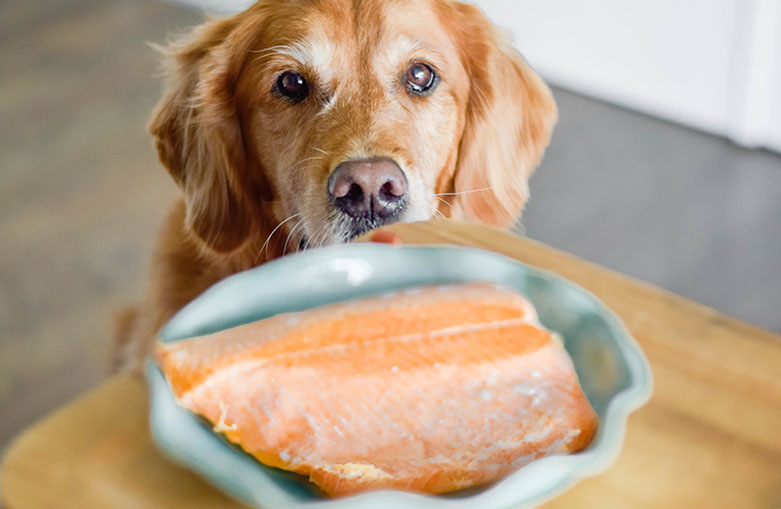As you enjoy fresh fruit yourself, it’s natural to wonder whether produce like apples, berries, and melon are safe for your canine companion as well. The answer is yes – dogs can reap nutritional benefits from many fruits in moderation.
Fruits offer dogs hydration, fiber, vitamins, and minerals as part of a balanced homemade or commercial diet. But improper size, quantity, or preparation poses risks like choking, stomach upset, or nutritional toxicity.
Below explores the most common dog-safe fruits and healthy serving guidelines to follow for safety based on their unique needs.

Best Fruits for Dogs
Some top fruits to consider carefully incorporating for dogs include:
Apples – Vitamin A & C, fiber. Core seeds, avoid stems/leaves (toxic).
Bananas – Potassium, vitamins B6 & C, fiber. Easy to digest.
Blueberries – Antioxidants, fiber, phytochemicals. Choose ripe.
Cantaloupe – Vitamin A & C. No rinds/seeds (choke risk).
Coconut – Healthy fat, fiber, nutrients. Flesh only when mature, no hard shell.
Cranberries – Vitamin C, fiber, antioxidants. Choose unsweetened.
Mango – Vitamin A, potassium, fiber. Remove large pit first.
Oranges – Vitamin C, fiber. Easy sections to share.
Pears – Vitamin C & K, copper. Remove core/seeds first.
Pumpkin – Vitamin A, fiber. Plain cooked mash, not pie filling.
Strawberries – Vitamin C, fiber, antioxidants. Cut tops first.
Watermelon – Vitamin A & C, potassium. Seedless varieties preferred. No rind.
When exploring what fruit dogs can eat, focus on fresh varieties you monitor prep and moderate portion sizes of to prevent complications.

Introducing Fruits Safely
Use this criteria when first sharing fruits with dogs:
- Start with a small piece such as 1⁄4 banana slice or 2-3 blueberries at a time.
- Gradually increase amount every few days if no reactions show up.
- Mix into their meals for easier consumption rather than whole pieces to prevent choking.
- Always supervise your dog when eating to monitor chewing and reactions.
- Discontinue immediately if you notice any vomiting, diarrhea, or other negative response.
Don’t hesitate reaching out to your veterinarian with any concerns over new fruit introduction. Some dogs better tolerate certain produce over others. Anemia, diabetes, allergies and other medical conditions also require tailored nutrition plans your vet can help guide appropriately.

Fruit Precautions
While fruits can supplement dogs’ diets, too much poses risks:
- Choking on whole pieces or seeds
- Nutritional toxicity if overfed certain fruits
- Stomach upset from excess fruit sugars
- Dental decay from elevated fructose
- Artificial sweeteners in processed fruits
- Moldy remains carrying harmful biotoxins
- Citrus acid eroding tooth enamel over time
Follow all preparation guidance, limitations, and safe serving sizes per fruit. When in doubt if a certain produce suits your individual dog, start slowly under veterinary guidance and stop at the very first sign of any reaction. Ask your vet for input!

Common Questions on Dogs and Fruit
Q: Can dogs eat grapes or raisins?
A: No. Both cause irreversible kidney damage and failure even in tiny doses. They rank among the top toxic human foods for dogs requiring emergency veterinary care if ingested. Never feed.
Q: Do dogs require fruit in their diet?
A: Not necessarily. While supplemental fruits benefit some dogs, well-balanced commercial dog foods provide all essential canine nutrients on their own. Use fruits just for added antioxidants, hydration and fiber at your discretion rather than calorie overload.
Q: Can puppies enjoy small tastes of fruit too?
A: Only once completely weaned – never give to nursing mothers. Thoroughly mash digestible fruits into an age-appropriate texture suitable for a puppy’s young stomach.
When used properly as occasional supplemental treats, many fruits give dogs safe nutrition and yummy variety. Follow all preparation rules and serving guidelines per type of produce. Ask your veterinarian about any other fruit feeding questions!



